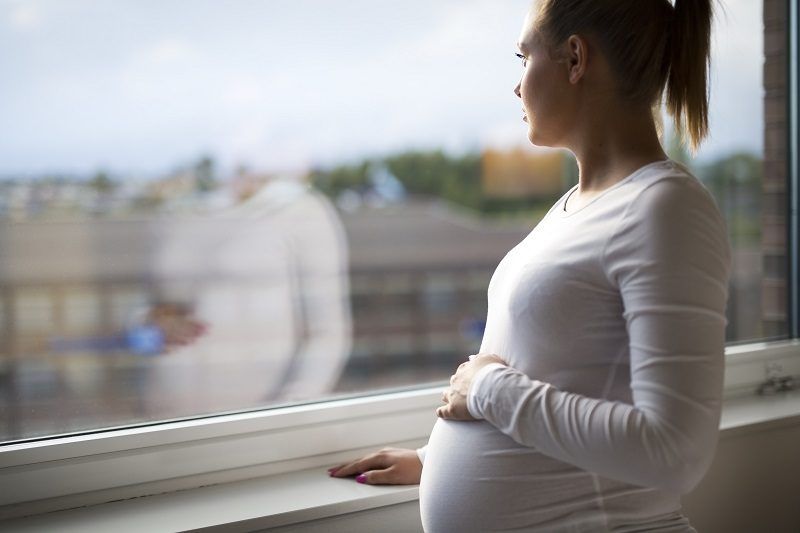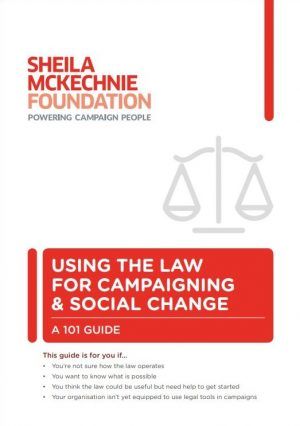
In 2018 we celebrated the 70th anniversary of the Universal Declaration of Human Rights – and 20 years of the UK’s Human Rights Act – yet we live in times when human rights can seem more under threat than ever. So why do they matter during childbirth? What does ‘rights-respecting’ maternity care really mean?
As the UK’s only organisation dedicated to improving women’s experience of pregnancy and childbirth by promoting respect for human rights, Birthrights believes all women are entitled to safe and respectful maternity care that protects their fundamental rights to dignity, autonomy, privacy and equality. That means care with kindness and respect at its heart, which meets the woman’s personal circumstances, needs and choices.
Too often, many women still do not receive dignified care in pregnancy and childbirth. Better Births, the 2016 National Maternity Review, recognises that respectful communication, choice and control are vital elements of good quality maternity care. Yet our 2013 Dignity Survey showed many women were not experiencing choice, felt they were not in control during birth and did not feel listened to. We know that disrespectful care is hugely harmful, often traumatising, to women, with long-lasting consequences, and this is most acute for women who are already dealing with multiple disadvantage or a history of being treated poorly.
It’s also clear there are huge inequalities in women’s maternity outcomes. The most recent MBRRACE report on Confidential Enquiries into Maternal Deaths and Morbidity found that Black women are five times more likely to die during pregnancy compared to white women, with Asian women twice as likely to die. The report also found that women dealing with multiple complex needs were over- and increasingly represented in maternal deaths, and that “safe and appropriate care for this group of women must be a priority”.
With the support of the Baring Foundation, Birthrights is very proud to have built a partnership with Birth Companions, a unique charity which supports women experiencing severe disadvantage during pregnancy, birth and early parenting, to improve maternity care for women with the most complex needs. This is a hugely powerful partnership, bringing together Birth Companions’ expertise in supporting women facing severe disadvantage with our expertise in human rights as a framework to both support women’s choice, control and autonomy, and equip professionals to provide personalised, safe care. It is a huge privilege to work together to ensure the needs of women facing severe disadvantage are understood and at the forefront of NHS England’s Maternity Transformation Programme.
Through our partnership, we have already reached women with lived experience and expertise, hearing about their experience of care and supporting their peer research carried out with the Revolving Doors Agency for Birth Companions. We have together secured additional project funding from Trust for London to better understand the human rights issues which arise during maternity care for women facing severe and multiple disadvantage. Through this project, we are listening to the experiences of women who have been pregnant whilst dealing with multiple issues such as poverty and homelessness, poor mental health, physical and mental disabilities, living as an asylum seeker, experience of domestic violence, social isolation and experience of substance misuse.
We are also hearing from midwives – including those who specialise in supporting women with complex needs – health visitors, family nurses and Birth Companions volunteers about their experiences of providing care and support to women during pregnancy and birth. It is already clear that women benefit hugely when they are able to access specialist care from a known midwife, especially when that midwife has the professional autonomy flexibly meet the woman’s needs.
We will use our findings to identify the most severe and frequent rights issues which arise for disadvantaged women and then work with policy makers and healthcare organisations to identify the systemic and practice changes needed to deliver rights-respecting care. Our research will also inform how we develop and target the support and information that Birthrights and Birth Companions provide directly to women, birth supporters and maternity professionals. 70 years on from the Universal Declaration of Human Rights, we’re more determined than ever to ensure that all women have their rights to respectful and dignified maternity care protected.
Rebecca is Research and Partnerships Officer at Birthrights. Birthrights received a grant in 2017 from the Strengthening the Voluntary Sector programme.

